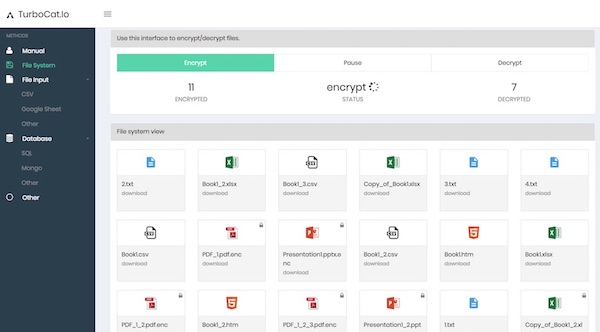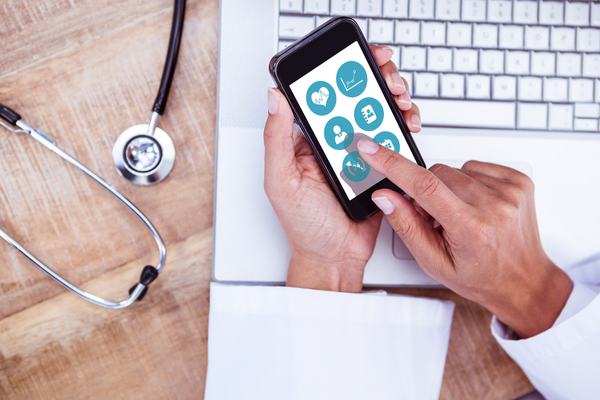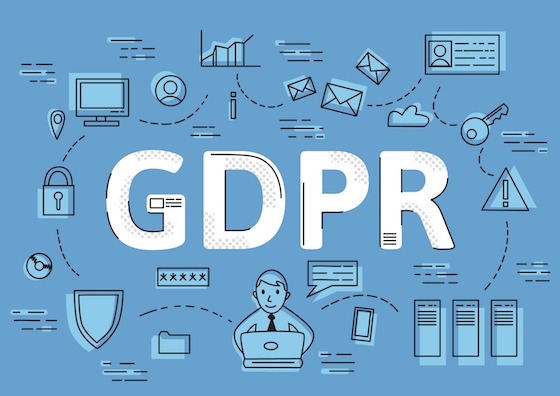
Developing a Mobile App in Healthcare
MediCat is one of TeskaLabs newest innovations and it centers around data protection and cybersecurity for the healthcare industry. In this article, we’ll explore the many use cases of MediCat.
What Does MediCat Do?
Every day, countless applications are being developed and implemented into the healthcare setting. Most companies who are responsible for this development are already implementing basic security measures, but they often aren’t enough to keep patients and their information secure.
That’s where MediCat comes in. MediCat can be that final extra layer of security to turn the applications you’re already using into a truly secure tool for your staff and patients to use with confidence.
MediCat is suggested both for organizations who are developing and implementing their own applications to companies who are developing medical applications to sell to a broad market of organizations.
When Is MediCat Needed?
There are many different types of mobile applications that exist in the healthcare industry.
Offline apps are extremely common, especially offline apps that show the output of wearable devices. Usually, you can export the output to a PDF format and then sent it through something like WhatsApp with little to no hassle.
Another popular healthcare application is an online application that shows the output of wearables. These applications send the output to the applications’ backend in the form of anonymized statistical data.
In either of these cases, you may not see much use for a tool like MediCat. Rather, MediCat was designed for some other popular use cases within the healthcare industry.
Namely, MediCat is perfectly suited for online applications that show the output of wearables and sends it to either the cloud or directly to a staff member. In this situation, a data protection solution like MediCat is certainly required to keep patient information safe.
MediCat is also needed for applications that are used in hospitals or other care settings where patient data is being sent and/or received. Communication between doctors, nurses, and patients also calls for a layer of added security through the MediCat application.
Certain home care applications may also require MediCat’s security, like an application that enables patients to connect their doctor and share sensitive data. In fact, most applications dealing with doctor and patient communication will require the security of MediCat to keep information safe.
On the other hand, for the applications used in hospitals that do not transmit sensitive information, data protection isn’t necessary. This would include an app used to trigger an alarm for a nurse when a patient signals for them.
Somewhere in between these scenarios, many apps exist that will need security measures decided on a case-by-case basis depending on how your organization uses them. For instance, a digital prescription application or a patient consensus application may or may not need security.
Explore The Benefits of MediCat
Security is lacking in many health care applications today. Many developers claim they have spent a year or more working on the security aspects of their app when, in reality, it uses nothing more than https protocol. Your healthcare applications need far more protection than that, and this is where MediCat truly shines.
Implementing MediCat’s data protection in the development phase of your applications requires almost no additional work and yet it adds a massive amount of security almost instantly. Learn more about MediCat here and see what it can do for your organization.
Most Recent Articles
You Might Be Interested in Reading These Articles

Customer interview: Read how Prodvinalco uses TurboCat.io for a file encryption
Data encryption is a critical part of GDPR compliance although there are no explicit GDPR encryption requirements. The regulation vaguely states that businesses must enforce safeguards and security measures to protect all consumer data that they handle. The GDPR refers to pseudonymization and encryption as “appropriate technical and organizational measures.
Published on September 13, 2018

TeskaLabs has become a leader of Mobile Healthcare applications in the Health (in) Future Platform
Cellphone instead of a filing cabinet. Until quite recently, doctors at the IKEM hospital in Prague needed to perform photo documentation by first taking pictures with a digital camera, and then downloading and/or uploading them via a computer network to patient cards. A solution to this tedious and time-consuming practice was made possible through the use of mobile scanning technology.
Published on December 10, 2019

Personal Data Deindetification: Homomorphic encryption
Homomorphic encryption is a special type of encryption invented by IBM. Encryption is a critical part of GDPR compliance although there are no explicit GDPR encryption requirements. The regulation vaguely states that businesses must enforce safeguards and security measures to protect all consumer data that they handle. The GDPR refers to pseudonymization and encryption as “appropriate technical and organizational measures.
Published on June 14, 2018
